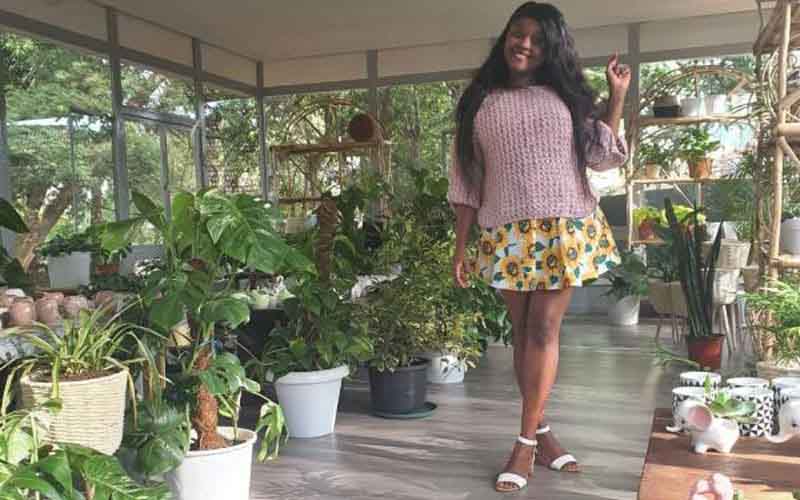×
The Standard e-Paper
Smart Minds Choose Us

Lucy Wairimu runs a houseplant business, Planty Kenya [File]
Plants and flowers bring aesthetic beauty and comfort to homes. They offer fresh air. Some plants naturally repel snakes among other pests.
